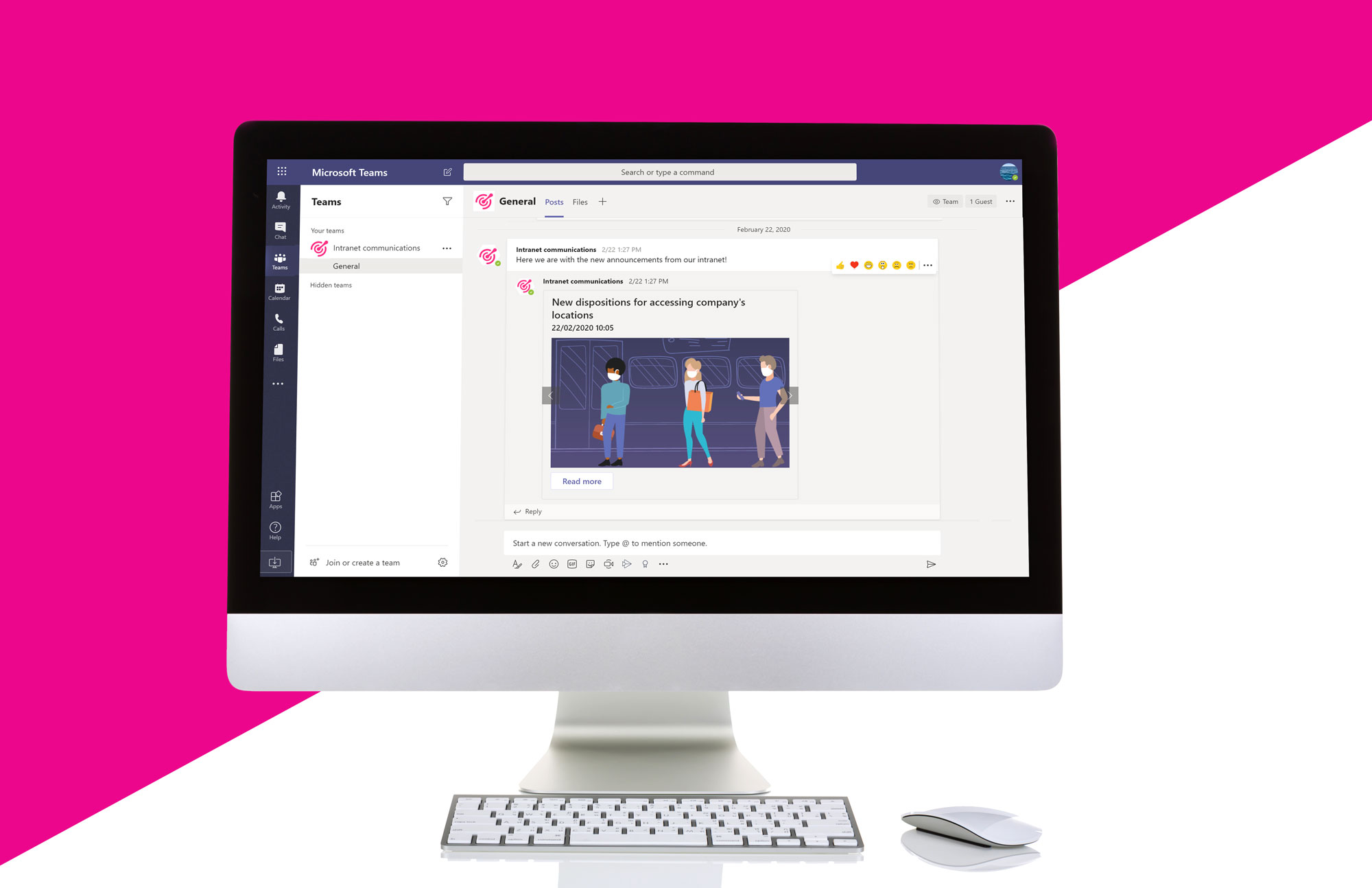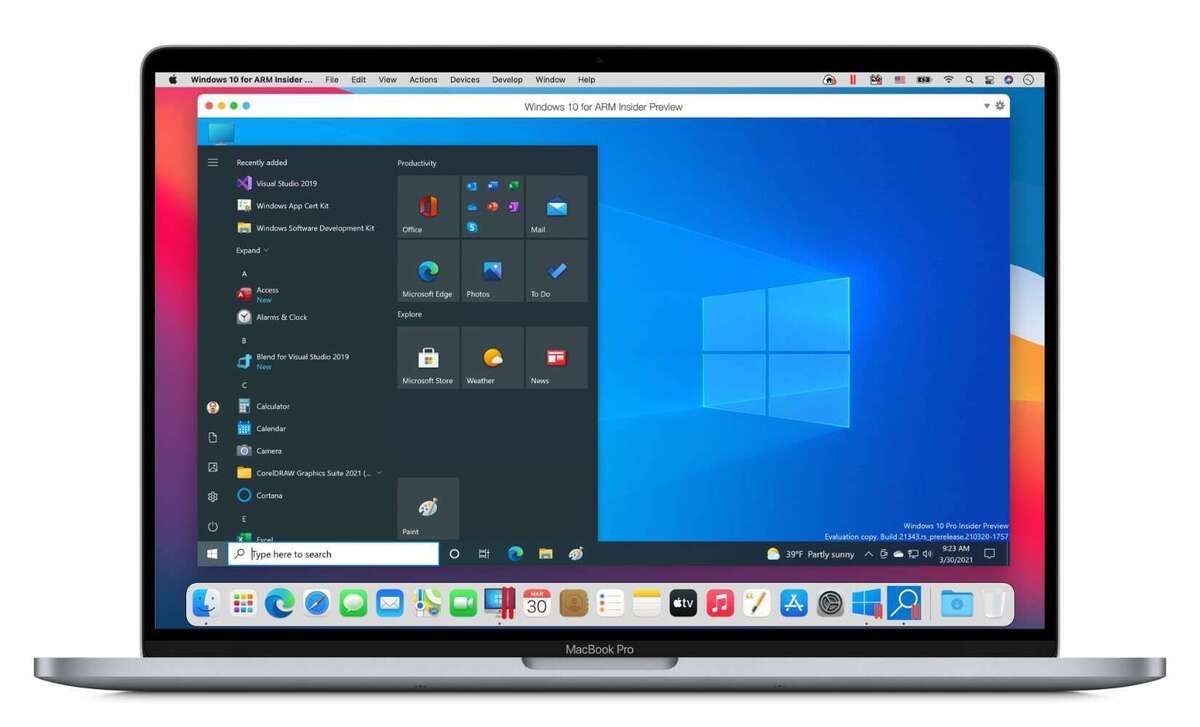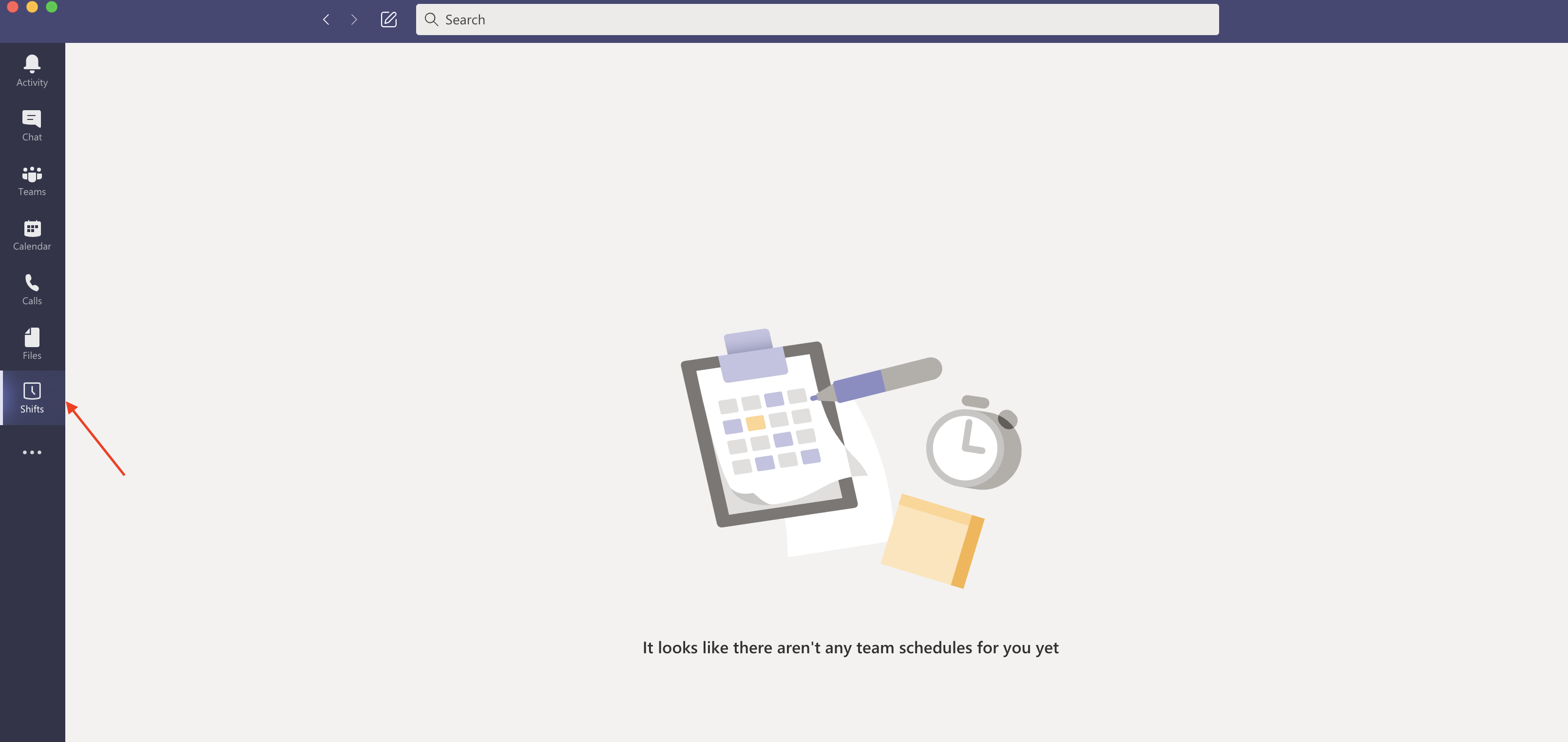

- MICROSOFT TEAMS DESKTOP FOR MAC INSTALL
- MICROSOFT TEAMS DESKTOP FOR MAC LICENSE
- MICROSOFT TEAMS DESKTOP FOR MAC DOWNLOAD
You can download my Install-MicrosoftTeams.ps1 script from the TechNet Script Gallery.Ĭreate a Group Policy that assigns a logon script to run the Install-MicrosoftTeams.ps1 PowerShell script, and provide the -SourcePath as a script parameter.
MICROSOFT TEAMS DESKTOP FOR MAC INSTALL
The Teams setup.exe installer has command-line switches for silent deployment. For example, to silently install Microsoft Teams, the following command line can be used: Deploying Teams via Script or Group Policy using the Setup.exe Package However, you should keep your deployment share updated on a regular basis with the latest install packages to save time. If you deploy an old package, the Teams application will self-update automatically. For this demonstration, the installer will be running from the path \\mgmt\installs\MicrosoftTeams. Helpfully, that also means I have a security group already in place that I can target my Group Policy to.ĭownload the Microsoft Teams installer using the links above, and place the files on a network share that users and computers can read from.
MICROSOFT TEAMS DESKTOP FOR MAC LICENSE
For my demonstration environment I’m using Azure AD group-based license management, and have an Active Directory group that is configured to enable the Teams option for users’ licenses. If you have had Teams disabled during the preview phase, now is the time to turn it back on. Teams configuration is demonstrated in my Getting Started with Microsoft Teams article.Īlthough Teams is included with eligible Office 365 plans, it can be enabled and disabled on a per-user basis. Preparing to Deploy Microsoft Teamsīefore you deploy the Teams client you should verify that Teams in your Office 365 tenant is configured the way you want it. If you block Teams from self-updating, Microsoft warns that your Teams experience will likely degrade and you’ll miss out on new features and performance improvements that are released. That makes it simple to maintain (as long as you allow it to self-update), and means that deploying Teams is basically a task of running the installer once, and then not running it again. It will check for, and download, any available updates each time the user runs the program. As you’ll see in the comments on this blog post below, this isn’t ideal for some environments for a variety of reasons. Whichever method you use to deploy Teams, the installer runs in the context of the logged on user, and installs to the %userprofile%\AppData\Local\Microsoft\Teams folder.

This package is suitable for GPO and SCCM deployment, but works a little differently than the setup.exe package, as you’ll see in the demonstration below.

The Windows setup.exe package has basic command-line switches for silent install and uninstall. The Mac installer and the Windows setup.exe installer are available from Microsoft here.The Microsoft Teams desktop client installer is available for Windows, Mac, and mobile devices.

Microsoft Teams is now generally available for Office 365 customers, and for those of you who are planning to use it you may be looking for a way to deploy the Teams client to your user’s computers.


 0 kommentar(er)
0 kommentar(er)
